Network States : How To Start a Country From Your Phone
Inside the movement turning digital tribes into sovereign nations
Note : This article is the 4th in a series on how the internet and globalization are disrupting nation-states—and what new governance models may emerge. Here are the first articles in the series:
In his book The Network State, investor and entrepreneur Balaji Srinivasan proposes another model of governance that has similarities with free cities... and differences.
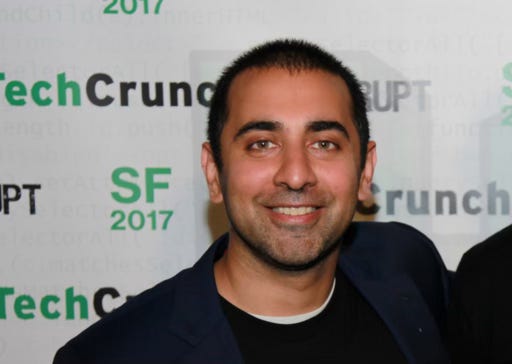
The main difference? Free cities start from the ground up, while network states start in the cloud and then take physical form.
Balaji begins by explaining that today we can launch businesses, communities, and even currencies directly from our computers, all from the comfort of our homes. We could add: and newspapers and magazines (blogs), TV channels (YouTube channels), radio shows (podcasts), all things that would have seemed unimaginable to create from home a few decades ago.
And he asks: why couldn’t we also start countries from our computers?
This is where the idea of the network state comes in. The proposed steps to achieve this are:
Create a “startup company”: launch an online community with ambitions to become a larger entity. You can create a digital community with the specific goal of turning it into a network state, or pivot an existing community or pivot an existing community into a network state.
Organize it for collective action: transform this community into a “network union,” capable of coordinating its members to carry out joint actions that benefit the community. It’s a bit like a trade union, but online, and with broader goals, not just opposing a single employer.
Build offline trust and develop an online crypto-economy: start organizing physical meetings to strengthen trust and bonds within the community, while developing an internal economy using cryptocurrency. This will ultimately create a stable and secure environment for your community.
Crowdfund physical hubs: use crowdfunding to purchase physical properties—apartments, houses, and eventually entire cities. This brings members of the digital community together to live and collaborate in shared spaces.. A sort of community WeWork, complemented by “WeLive” spaces (shared residences accessible to members in exchange for their monthly contribution, for example).
Conduct a blockchain census: use blockchain to conduct a verifiable census, proving the growth of your population, revenue, and real estate footprint. This is crucial to demonstrate the credibility and viability of your community.
Seek diplomatic recognition: negotiate with existing governments to obtain diplomatic recognition, gradually increasing the sovereignty of your network state until it becomes a fully recognized entity.
Or, to summarize by quoting directly from the book:
“The key idea is to populate the land from the cloud, and do so all over the earth.”
Unlike a legacy state, which is ideologically fragmented and geographically centralized, bringing millions of people together in one place, a network state is ideologically aligned but geographically decentralized. Citizens are spread around the world in groups of varying sizes, but their hearts are in the same place.
When the population and economy of a startup society become comparable to those of a traditional state, with millions of citizens and billions in revenue, it should ultimately be able to gain recognition from existing sovereign states.
Starting from the cloud
Why start from the cloud and not from the ground, as Próspera does? Because “the egg of the nation precedes the chicken of the state.”
We can therefore start from an online community united around common values, which already forms a proto-nation, or which can become one (remember what we saw in this article on the 12th disrupted foundation: nation building, and how people who regularly use the Internet feel more like citizens of the world, and sometimes more connected to their online community(ies) than to their nation).
And, as Balaji points out, many artists, entrepreneurs, and influencers already claim communities of millions, surpassing the population of many countries.
At the time of writing, 41 countries in the world have fewer than 1 million inhabitants, or 1 in 5 countries (not counting the many semi-autonomous territories such as the French Overseas Territories, Guam, Puerto Rico, Greenland, etc.), and 105 countries have fewer than 10 million inhabitants, or 53% of the world’s countries1 .
Conversely, look at the number of individuals who have communities of several hundred thousand or even millions of people: in 2023, on YouTube alone, around 41,900 channels had more than one million subscribers2 .
The vast majority of their creators are unaware that they have the power to start a political movement, but what will happen when they realize that they can, and that they may even be able to start a new country?
If only 1% of them tried, and 1% of those succeeded, that would already mean four new network states would eventually be created... If 10% tried, and 1% succeeded, that would mean 41 new network states... and that’s counting only YouTubers with more than a million subscribers. There are many other social media platforms, and there’s nothing stopping you from starting with just a few thousand people, or even from scratch.
Beyond that, here are the numbers of monthly active users on the main social media platforms at the beginning of 2024:
Facebook: 3 billion
YouTube: 2.5 billion
Instagram: 2 billion
TikTok: 1.5 billion
Snapchat: 800 million
X/Twitter: 611 million
Pinterest: 498 million
You will note that these networks have more users than the vast majority of countries: only 15 countries in the world have more than 100 million inhabitants, and 7 have more than 200 million.
As Balaji says, given all these factors :
“It starts to be not too crazy to imagine we can build a 1-10M person startup society with a genuine sense of national consciousness, an integrated cryptocurrency, and a plan to crowdfund many pieces of territory around the world.
With the internet, we can digitally sew these disjoint enclaves together into a new kind of polity that achieves diplomatic recognition: a network state.”
Populated entirely by volunteers
An important feature of network states is that they will be populated solely by volunteers, and it will be easy to belong to multiple network states and switch between them as needed, similar to free cities and their contractual relationships with their residents.
This will require the administrators of these network states to be effective in attracting and retaining their members, regardless of their form of governance.
A state with non-contiguous territories, really?
If you are skeptical about this, I can tell you that you know at least one country that has this characteristic.
Have you guessed which one?
I’ll give you a hint:
There are others:
There are many other countries that have non-contiguous territories. Among the best known are Great Britain with its islands scattered around the globe, much like France and the US, Denmark (with the Faroe Islands and Greenland), the Netherlands (with the Netherlands Antilles), etc.
Are there any existing network states?
At the time of writing, no network states exist yet, although there are projects that do exist and are listed on the author’s website. This is a current advantage of free cities, which already have a physical incarnation.
How the network state can extend the concept of the free city
Because yes, the two concepts are not necessarily contradictory and may prove to be complementary.
When I visited Próspera, several residents, including influential ones, talked about creating other Próspera zones in other countries around the world, which would follow the same rules as far as possible (these would have to be negotiated with the host country on a case-by-case basis, so there may be variations).
The long-term vision is to have a “Prosperian” residence that automatically gives the right to live and work in all areas managed by Próspera, regardless of the host country, with a process that either makes the requirement to have residency in the host country unnecessary, makes it automatic (residency in Próspera = residency in all countries that host Próspera, provided that you live in the Próspera zone and not on the “mainland,” the main territory of the host country), or facilitates it with an expedited process.
It is still very early days, so I cannot imagine this vision coming to fruition for many years, perhaps several decades, but Próspera could very well sign agreements with other countries in the coming years and begin to form a network state while remaining part of the earth and not the cloud.
Próspera, like a network state, allows anyone to become an e-resident in just a few clicks and to remotely set up a company3 , which means that the free city is indeed creating an online community that is larger than its physical community.
What Próspera still lacks to become a true network state is 1) a sense of belonging to the same protonation, and 2) a sufficient online community, say at least 10,000 people.
When I visited, I could clearly see that this sense of belonging was emerging, even if it is currently on a small scale of a few hundred people. On the second point, it is entirely possible that the community will exceed this number within a few years: at the time of writing, there are already 1,586 e-residents in Próspera4 .
An intermediate step: the online “union”
Balaji talks about forming an online union as an intermediate step, but without giving any examples.
I propose a realistic step, which I will detail in previous articles, in which we will see that digital nomads can become a transnational political force.
Coming soon
In the next article, we’ll take a look at how humanity once solved its governance problems by founding new colonies, and how this ancient spirit of exploration could inspire modern pioneers to build new societies at sea.
Stay tuned! In the meantime, feel free to follow Disruptive Horizons on X/Twitter & LinkedIn, and join the tribe of Intelligent Rebels by subscribing to the newsletter:
And here are the first articles in this series :
Personal calculations based on the Wikipedia article “List of countries and dependencies by population” in June 2024, which itself is based on UN data. Balaji makes similar calculations in his book.
“How Many YouTube Channels Have Over 1 Million Subscribers? Data Reveals the Answer,” Sparring Mind, 2023
The program was created with the help of the experts who created Estonia’s e-residency program. You can do it in a few moments at https://olivier-roland.com/prospera. At the time of writing, becoming an e-resident is a $130 per year investment, and setting up and maintaining a business is a $130 per year investment.
This figure was given to me in June 2024 by J. Robertson, Vice President of Development at Próspera.



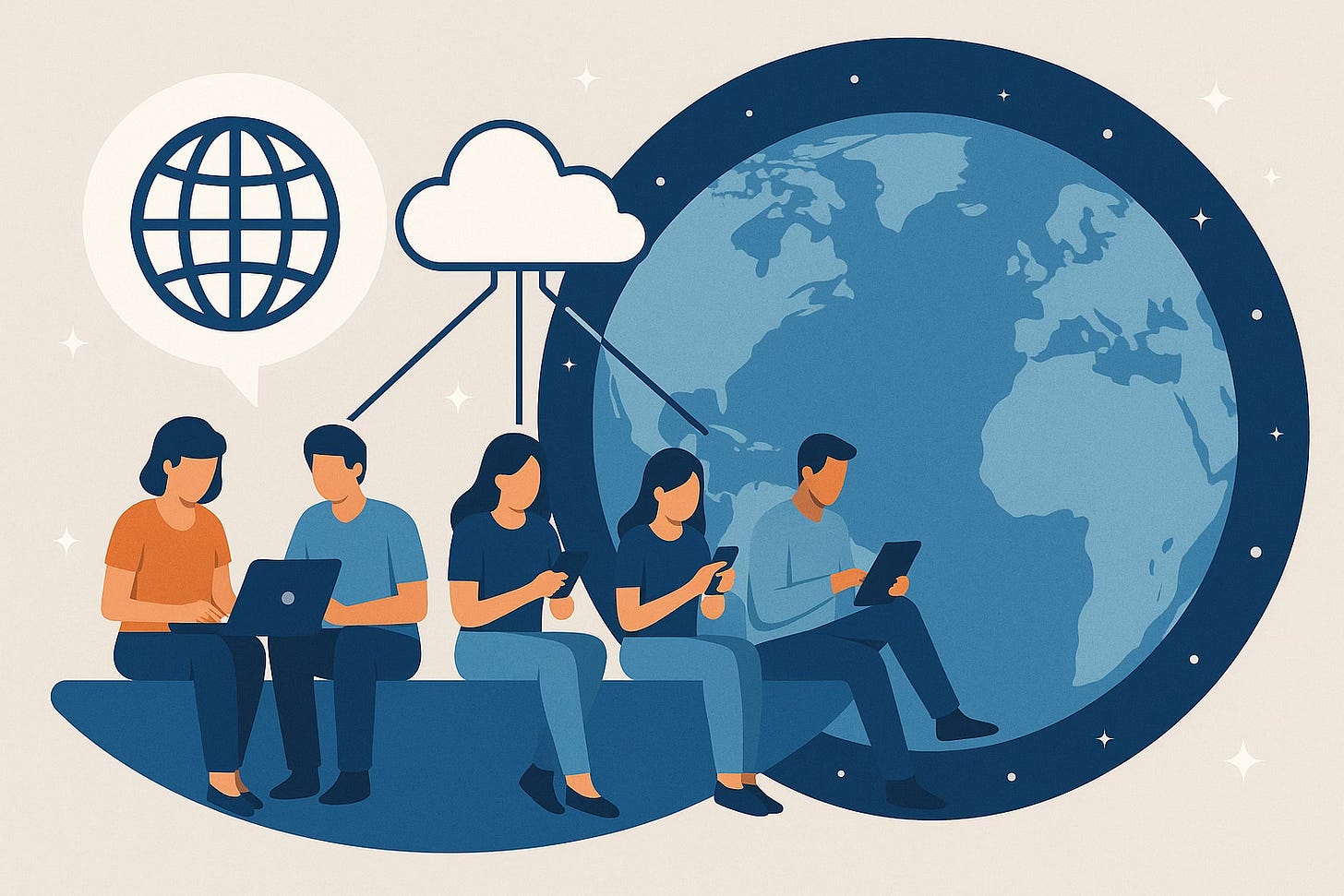
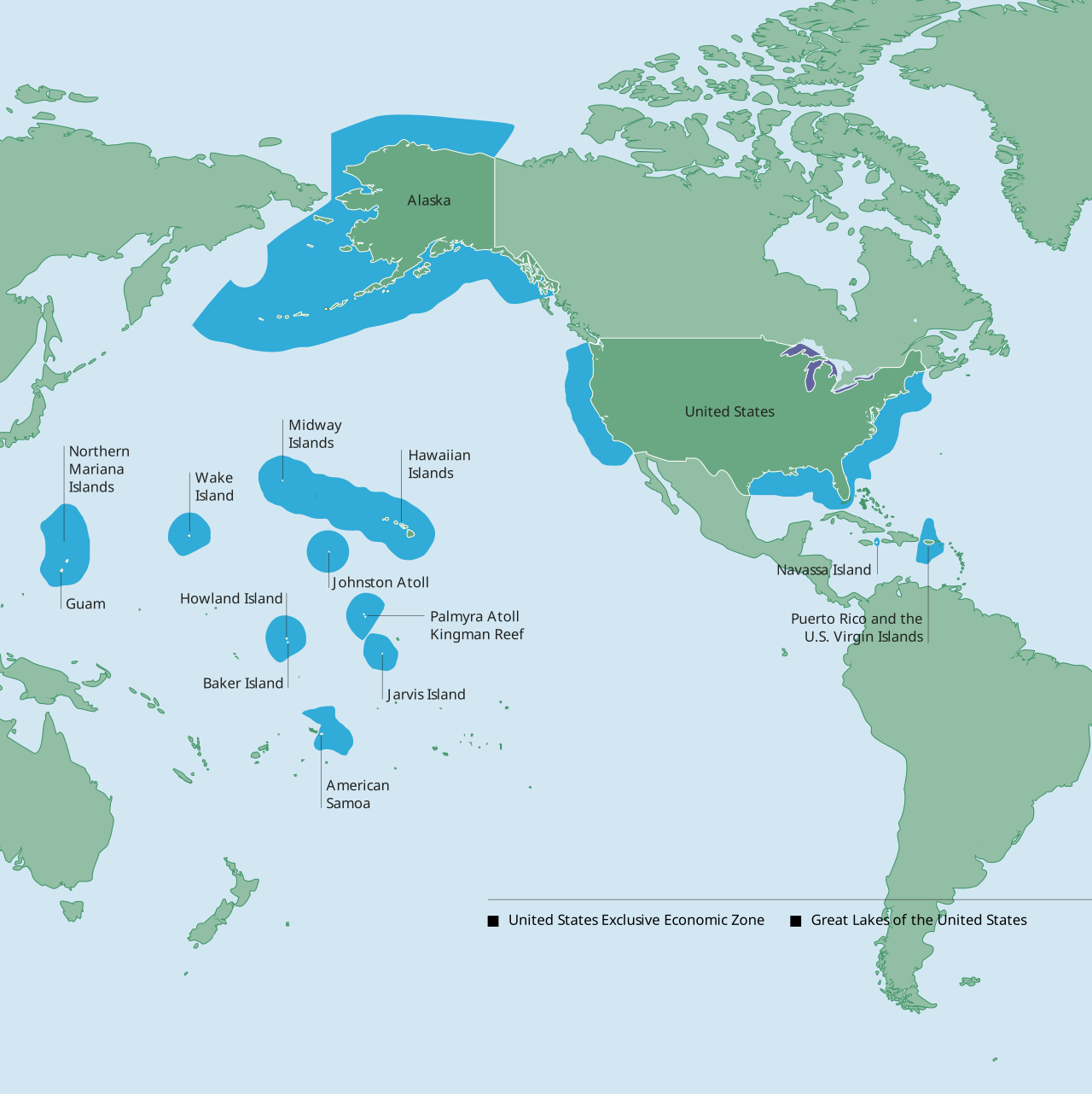
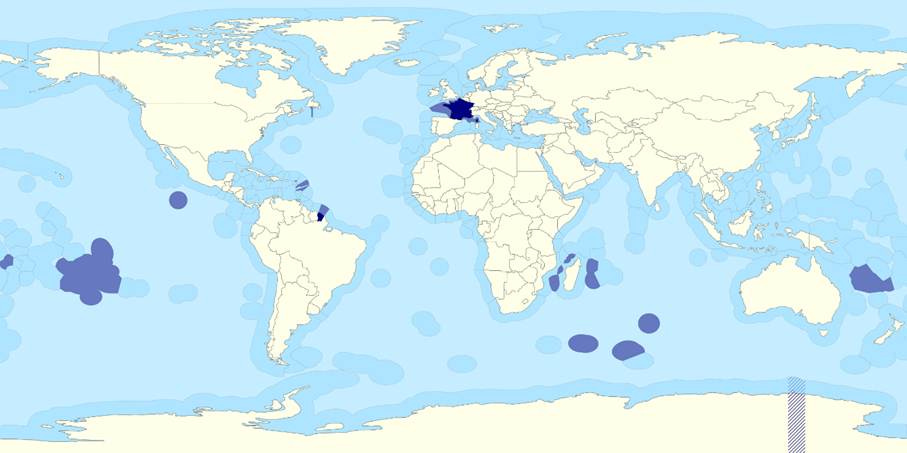
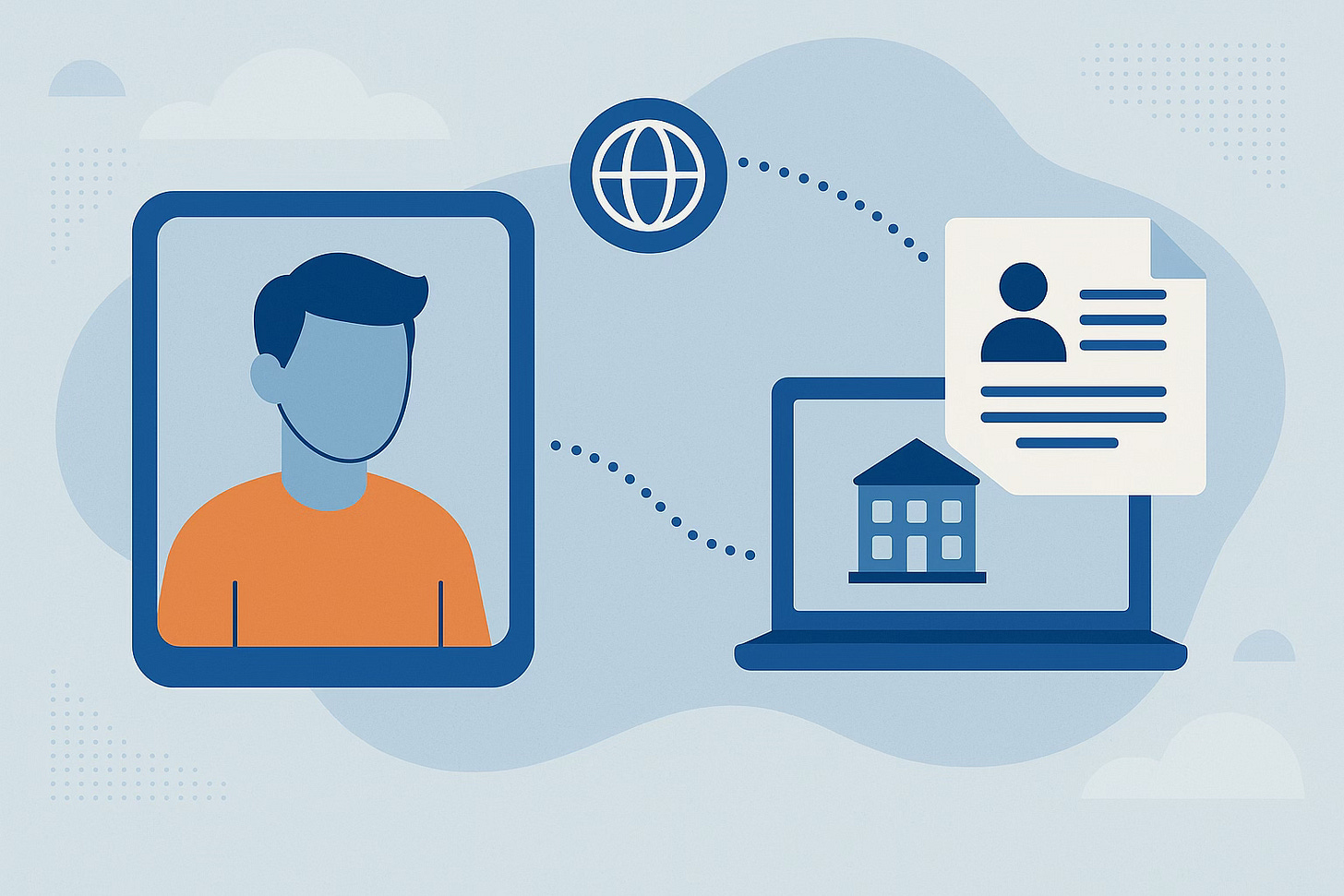

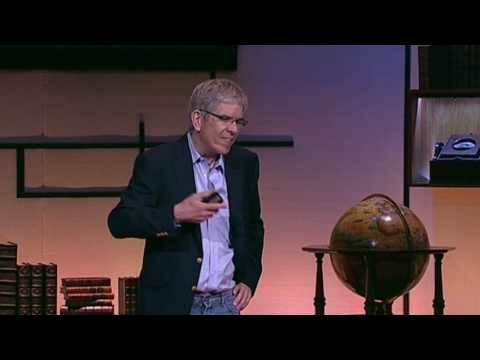
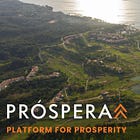

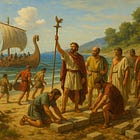
Looking forward the next article. I have my own thesis as how this 'Network Union' will form and what will it take them to make significant social change. I think the Discord elections in Nepal is a sign that we are close to see many 'pirate nations' starting to take an active role on governance by challenging the nation-state legitimacy to rule
Thanks for writing this, it clarifies a lot. This whole 'cloud first' concept realy resonates! It makes me think about how easily my online book club started, just a few friends connecting from different cities. The idea of scaling that up to a country is wild, but you make a compeling case. So insightful!